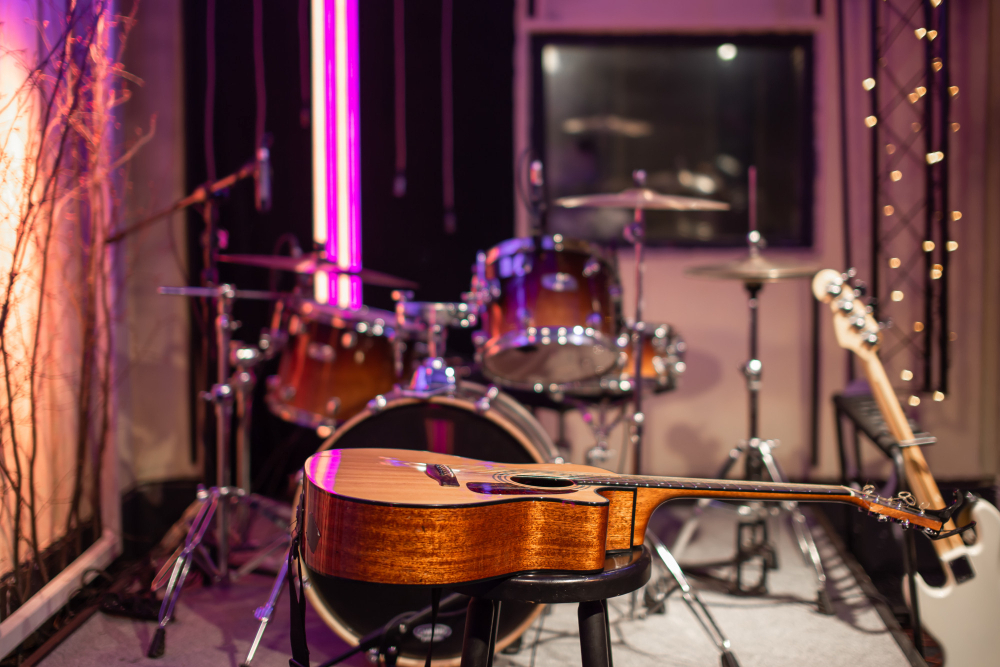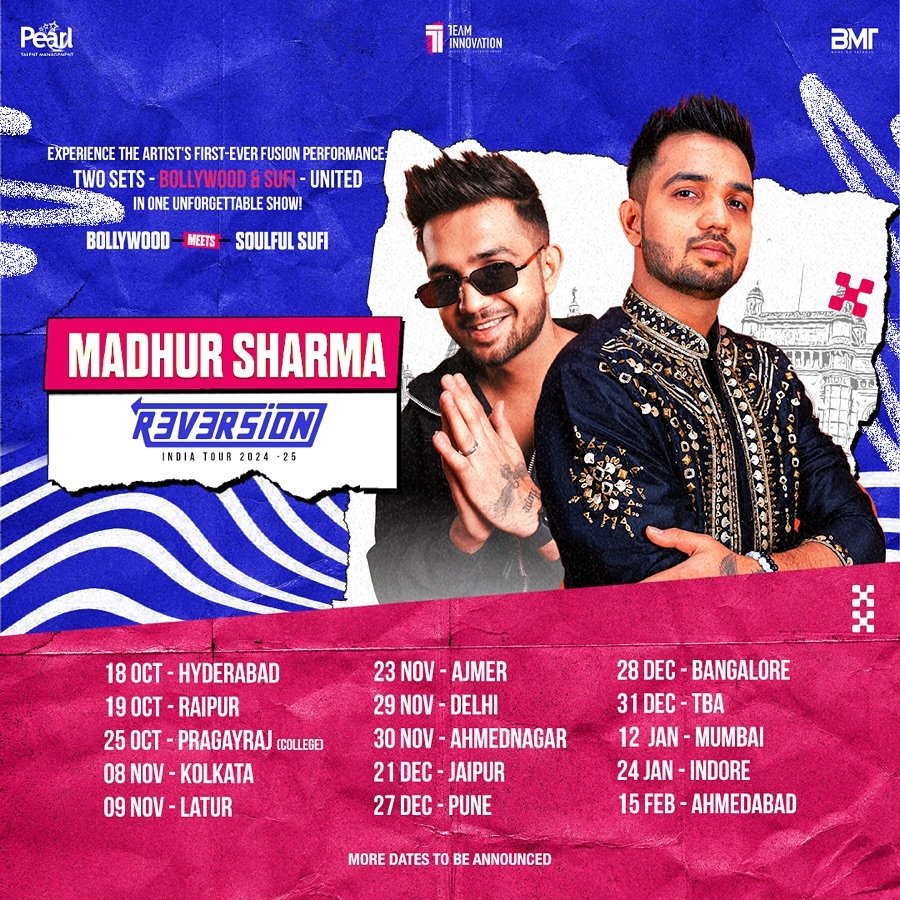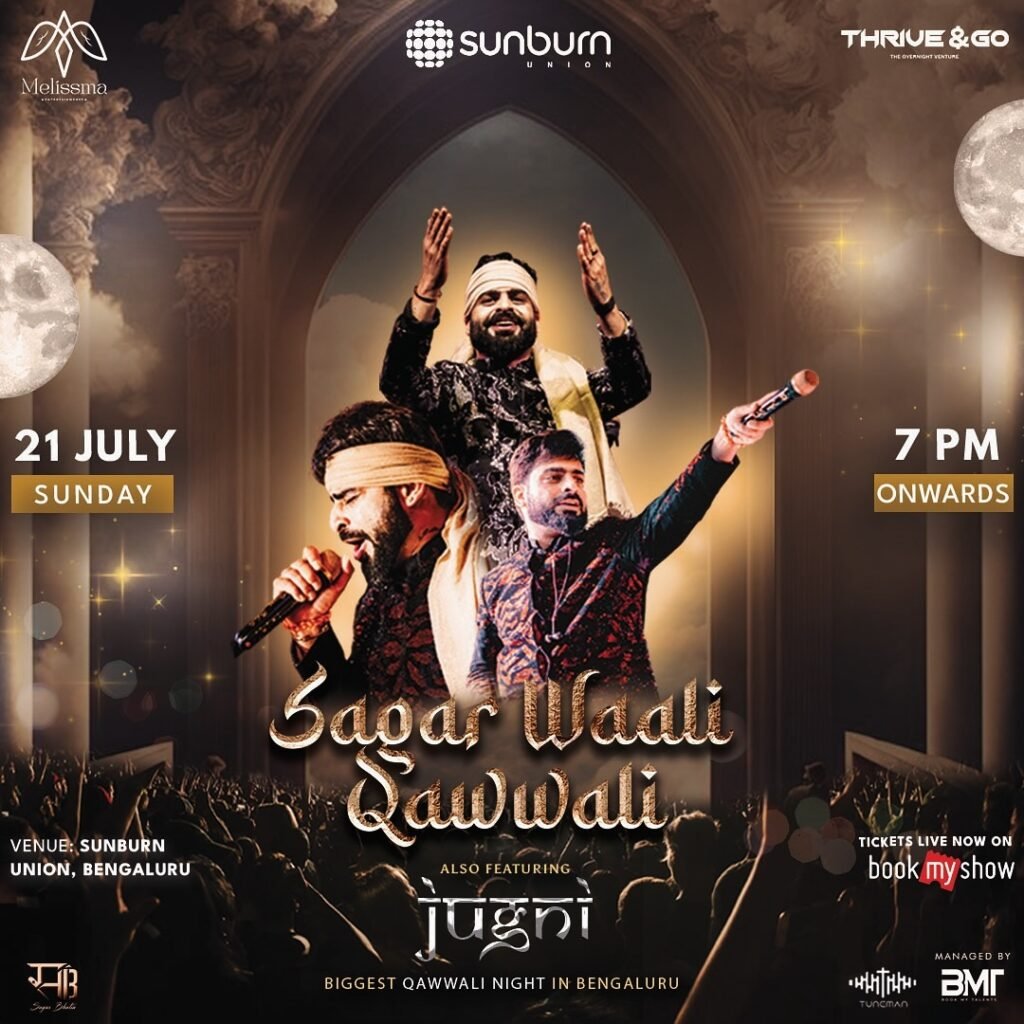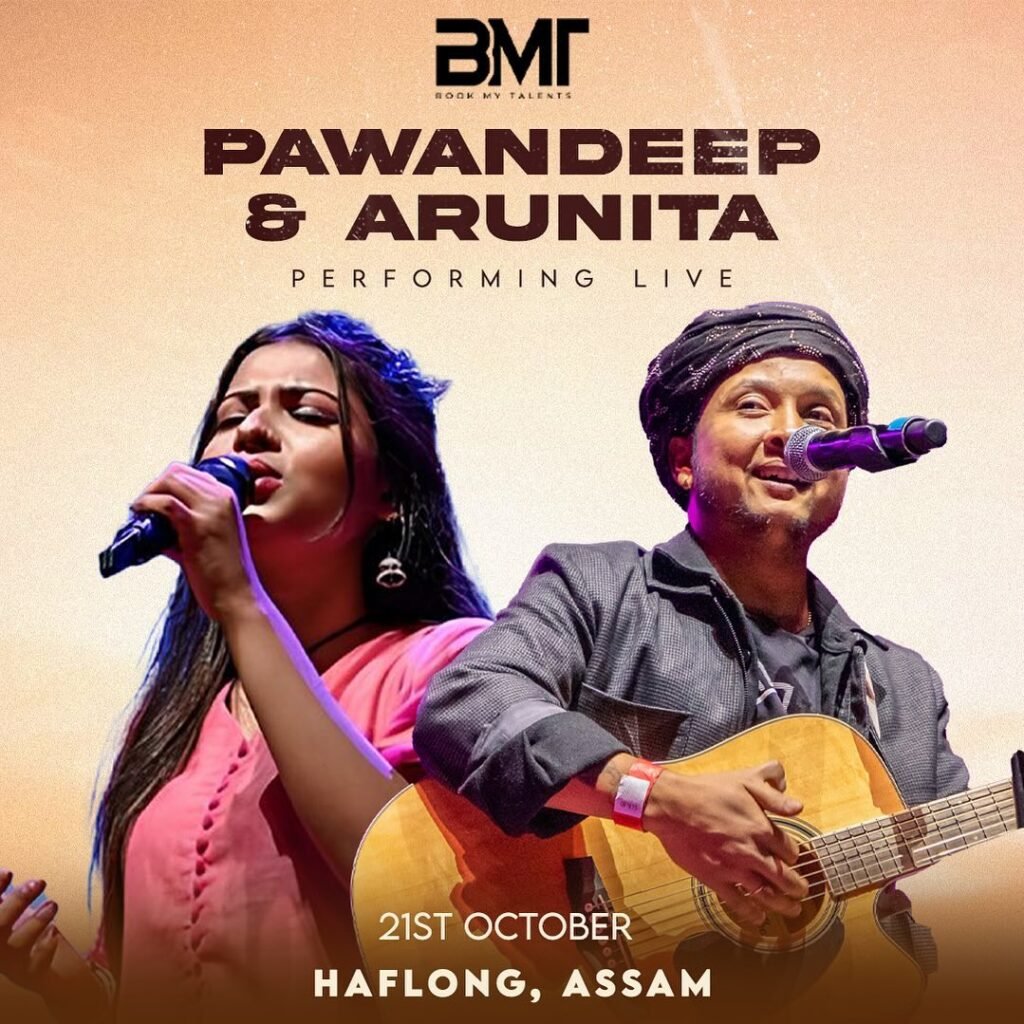
How Is Music Concerts Impacting the Economy?
In the modern era of live entertainment, few experiences match the energy of music concerts. With packed stadiums, global tours, and immersive production, concerts do more than entertain—they generate massive economic impact.
Whether it’s local club shows, national festivals, or global acts performing in India, the ripple effect of music concerts reaches far beyond the stage. These events drive employment, tourism, business growth, and city branding. For event management companies, promoters, artists, and even small vendors, concerts are a key revenue stream.
This blog explores how music concerts are influencing economic trends, transforming cities, and creating new opportunities in entertainment and beyond.
The Growth of Music Concerts in India
India’s live music scene has evolved rapidly. Big-name artists now attract thousands of fans across cities like Mumbai, Delhi, Bengaluru, and Pune. These music shows feature diverse genres—from Bollywood to EDM, indie to fusion.
Local event management companies are now producing world-class music concerts. This surge is creating economic value across multiple sectors.
Direct Revenue from Music Concerts
Let’s start with the most visible impact—money flowing directly from concerts.
1. Ticket Sales
Ticketing generates millions in revenue for organizers and platforms. A single sold-out concert can gross several crores in ticket sales.
From general admission to VIP packages, pricing tiers allow promoters to cater to various audience segments.
2. Sponsorship and Brand Integration
Brands love music concerts because they offer high visibility and engagement. Concerts allow companies to activate sponsorships through interactive booths, stage branding, and influencer campaigns.
With Pre-Event Planning, brands can integrate smoothly into the concert narrative. This increases customer recall and drives higher brand ROI.
Music Concerts Create Jobs
The economic impact of music concerts is often local and immediate. They create employment across the event ecosystem.
1. Temporary and Gig-Based Jobs
Concerts generate short-term jobs in security, stage setup, lighting, transport, hospitality, and crowd management. These roles are vital for smooth execution.
Many workers rely on regular music shows for steady gig income, especially during peak seasons.
2. Opportunities for Artists
Beyond headlining acts, concerts provide work for opening performers, DJs, MCs, and session musicians. For many, this is a primary income source.
With proper artists booking, local talent gets a platform to perform and build fanbases.
Boosting the Local Economy
Music concerts don’t just benefit those inside the venue. They also boost businesses in the surrounding area.
1. Hotels and Travel
Out-of-town fans attending music shows spend on flights, cabs, and accommodation. Concert weekends often lead to sold-out hotels and surging fares.
Cities with regular club shows and festivals become music tourism hotspots, attracting both national and international visitors.
2. Food and Beverage
Food trucks, pubs, and restaurants see huge spikes during concert nights. Vendors near venues thrive thanks to the influx of attendees.
Inside the venue, F&B sales add another revenue stream for event management companies.
3. Local Businesses and Rentals
From barricades to LED walls, concerts rely on vendors who supply event infrastructure. These businesses earn regular income from recurring music concerts.
Rental companies for sound, lights, AV tech, and decor flourish because of high concert demand.
Strengthening the Event Management Industry
The boom in music concerts has accelerated the growth of India’s event management industry. Agencies now specialize in concert production, artist logistics, venue coordination, and fan engagement.
1. Higher Demand for Talent Management
As concerts grow, there’s increasing demand for artists booking agents, PR experts, and stage managers. Managing large-scale music shows requires experienced professionals.
Planning involves not only the main event but also corporate gathering show events, VIP experiences, and branded side activations.
2. Upskilling the Workforce
Modern music concerts use cutting-edge tech—AI lighting, pyrotechnics, synced visuals, and immersive sound. To support this, teams must learn new tools and strategies.
This need for constant innovation pushes the industry forward and builds a more skilled workforce.
Music Concerts Fuel Innovation
Live concerts are no longer just about music—they’re about experience. Audiences expect more, and this demand drives innovation.
1. Tech Advancements in Live Entertainment
Concerts use 3D mapping, holograms, AR filters, and synchronized visuals. These require planning and investment, benefiting tech providers.
From ticket scanning to contactless payments, Pre-Event Planning ensures the tech is integrated smoothly for a seamless user experience.
2. Digital Engagement and Streaming
Post-COVID, many music concerts offer hybrid models. Fans can now attend virtually, expanding reach and revenue.
Streaming platforms collaborate with event management companies to broadcast concerts, attracting global audiences and increasing monetization.
Music as a Catalyst for Urban Development
In cities that host regular music concerts, entire districts often evolve around live venues.
1. Revitalizing Urban Areas
Abandoned warehouses become concert halls. Neighborhoods with live venues attract artists, food joints, and local businesses.
As these areas gain popularity, real estate prices rise. This creates a win-win for developers and city planners.
2. Building a City’s Cultural Identity
Concerts help cities build cultural reputations. Think of Bengaluru’s indie scene or Mumbai’s Bollywood-heavy concerts. These identities attract not just tourists but also investment.
City branding through music concerts enhances global perception and encourages future cultural projects.
The Role of Club Shows and Corporate Events
While large concerts grab headlines, smaller club shows and corporate gathering show events also impact the economy.
1. Weekly Club Shows Keep Revenue Flowing
Nightclubs with weekly music nights contribute to nightlife revenue. These club shows employ local DJs, bartenders, photographers, and technicians.
Regular gigs help artists sustain their careers and keep fans engaged in between major concerts.
2. Music in Corporate Events Adds Business Value
Corporate gathering show events now often feature live music. It enhances networking, brand image, and employee engagement.
These events generate income for bands, tech teams, stage designers, and entertainment consultants.
Cultural Diplomacy and Global Influence
Music concerts serve as tools of soft power. When international artists perform in India, or Indian acts go global, it builds cross-cultural bridges.
1. Promoting Indian Talent Internationally
Well-planned tours promote Indian culture abroad. When Indian artists headline global music shows, they represent the country’s creative power.
These concerts help Indian talent secure global agents, sponsorships, and collaborations.
2. Hosting Global Talent in India
Major concerts with artists like Coldplay, Post Malone, or Arijit Singh attract international media and investment attention.
These events prove that India is a viable market for entertainment, tourism, and music technology investment.
Social and Community Development
Beyond economics, music concerts contribute to social change and community building.
1. Fundraisers and Charity Events
Benefit concerts raise money for disaster relief, education, and health causes. These music shows inspire people to donate while enjoying entertainment.
With the right Pre-Event Planning, such concerts can raise lakhs—even crores—for charity.
2. Youth Engagement
Live concerts engage youth, offering them safe, creative spaces to express themselves. Many get inspired to pursue music, photography, event production, or dance.
This youth-driven engagement fosters future leaders in the entertainment industry.
Long-Term Sustainability and Eco-Initiatives
Modern music concerts are also aligning with sustainability. Green protocols are now part of planning.
1. Eco-Friendly Concerts
Concert organizers now use biodegradable cutlery, reusable stage props, and carbon offsetting. This shift helps reduce the event industry’s environmental impact.
Green concerts attract conscious brands and eco-aware audiences, making them profitable and planet-friendly.
2. Digital Ticketing and Paperless Events
Gone are the days of paper wristbands and printed brochures. Today, everything is digital. This reduces waste and increases efficiency.
Sustainable practices are becoming standard in event management, especially for large music concerts.
Final Thoughts: The Concert Economy Is Booming
Music concerts are no longer just entertainment—they are economic engines. They create jobs, boost tourism, attract investment, and support local businesses.
From the light technician to the headline artist, from food stalls to city branding—everyone benefits when concerts succeed.
Smart Pre-Event Planning, skilled artists booking, and strong execution ensure that music shows continue to grow and evolve. As the world embraces live entertainment again, concerts will remain a powerful force in shaping economies, cultures, and communities.
If you’re part of the music and talent management industry, the opportunity is clear: Plan well, invest smartly, and ride the wave of the concert economy.
The landscape of corporate events has changed dramatically. Gone are the days of boring speeches, dr
India’s vibrant music scene offers countless opportunities for memorable events. Whether you p
Celebrities for promotions help brands achieve instant recognition. A famous face associated with a










Leave a Reply